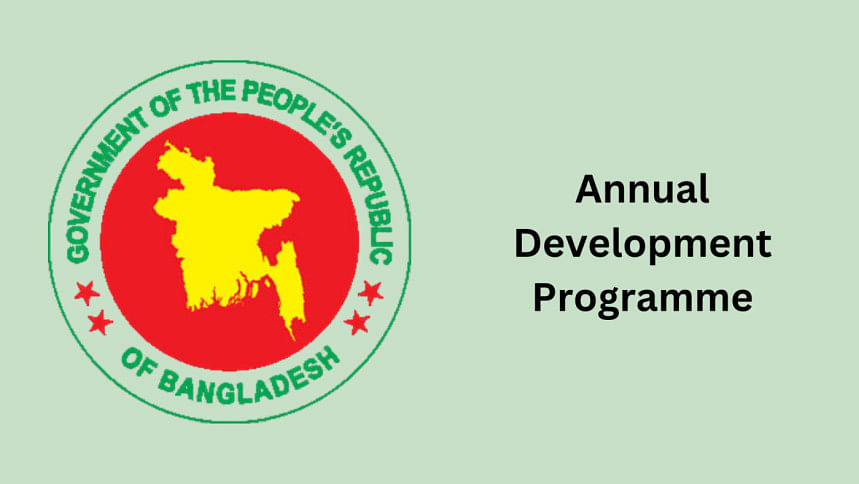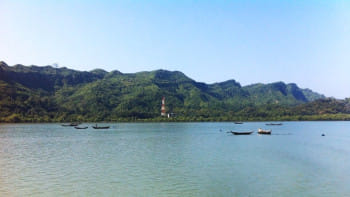ADP spending by 12 ministries, divisions was zero in July

Bangladesh's development spending hit a seven-year low in the first month of the current fiscal year, with a dozen agencies not spending even one taka, raising fresh concerns about the pace of economic recovery.
According to the Implementation Monitoring and Evaluation Division (IMED), ministries and divisions spent only Tk 1,644 crore from the Annual Development Programme (ADP) in July. That amounts to just 0.69 percent of the Tk 2.39 lakh crore budgeted for the current fiscal year 2025-26 (FY26).
This is the weakest start since FY2018-19, when only 0.57 percent of the ADP was spent in July.
IMED data also show that year-on-year, development expenditure fell by 44 percent from Tk 2,922 crore in July 2024 and by more than half compared to Tk 3,459 crore in 2023.
Out of 57 ministries and divisions, 12 did not spend a single taka from their allocation in the first month of the fiscal year, IMED data show.
The agencies include the Ministry of Water Resources, the Ministry of Health and Family Welfare, the Public Security Division, and the Ministry of Defence, among others.
Both the government and policy analysts warn that such a slow start is worrying because ADP funds are supposed to drive major infrastructure projects, create jobs, and boost growth.
"This is not a good sign. This year, things should be moving fast. Last year's excuses should no longer apply," Planning Adviser Wahiduddin Mahmud said after a meeting of the Executive Committee of the National Economic Council (Ecnec) on Sunday.
Last year's July was marked by nationwide protests and unrest during the mass uprising, which disrupted projects.
The situation has since stabilised.
Yet progress remains sluggish, partly because many contractors have not been appointed and several project directors have either been replaced or transferred, Mahmud explained.
Economists, however, see deeper problems.
"Bangladesh's ADP suffers not from a lack of money, but from weak planning and a shortage of skilled bureaucrats. Without professional capacity, projects stall even in times of political stability," said Mohammad Lutfor Rahman, professor of economics at Jahangirnagar University.
He added that the absence of an elected government has also played a role.
"The lack of a political government means bureaucrats no longer feel pressured to push projects forward. In the past, political commitments created urgency. Today, that push is missing," said the professor.
The slowdown has serious implications, he warned. "When ADP implementation slows, it directly affects jobs, revenue, and GDP growth. The multiplier effect of development spending, benefiting entire communities, is lost."
Meanwhile, many project directors have left their posts, and new appointments have been slow. Several contractors, particularly those with ties to the previous government, have also abandoned projects midway.
The Gazipur BRT project, stretching from the airport to Joydebpur Chowrasta, is a striking example. Huge sums have already been spent, yet the project lies stuck in a state of partial completion, leaving residents to suffer, according to Rahman.
He suggested stronger feasibility tests before projects are approved and measures to ensure continuity regardless of political changes. "Development should not be hostage to politics," he said.
Meanwhile, Adviser Mahmud urged all ministries to ensure that projects move forward, with no further excuses.

 For all latest news, follow The Daily Star's Google News channel.
For all latest news, follow The Daily Star's Google News channel. 



Comments